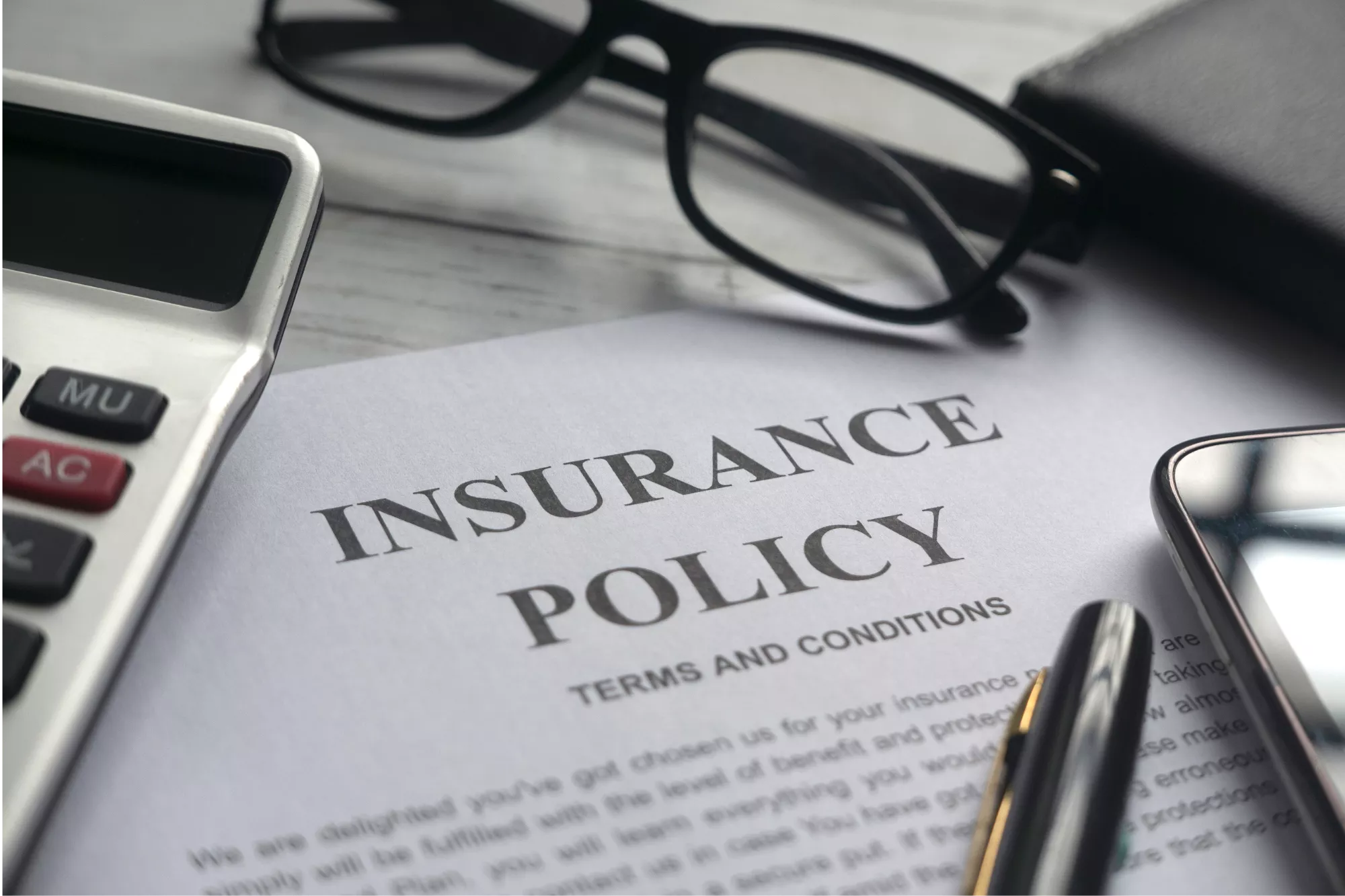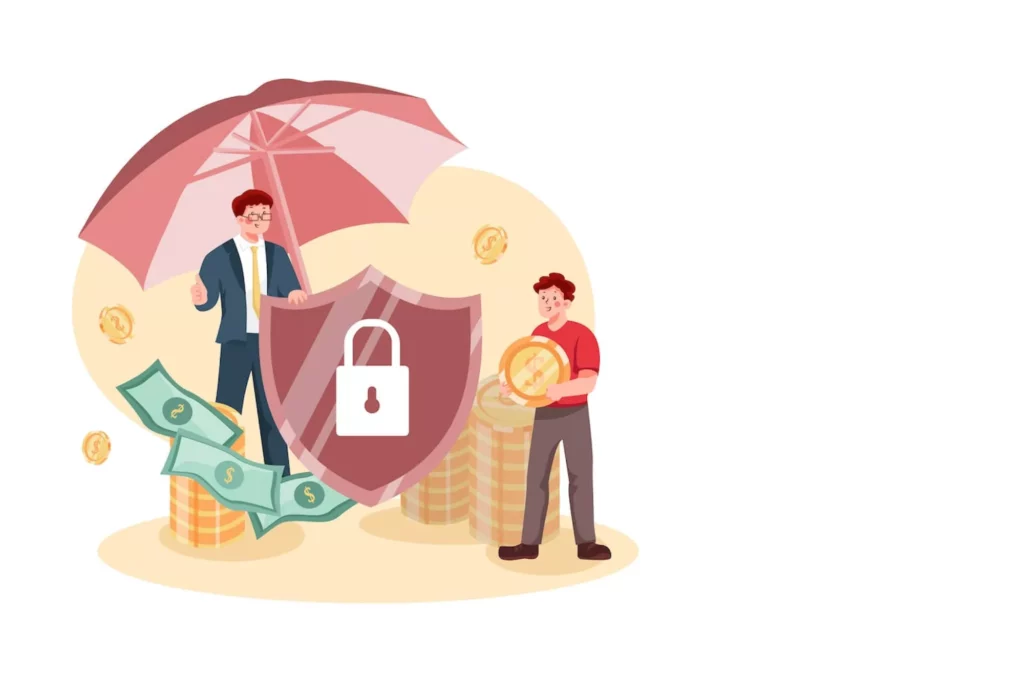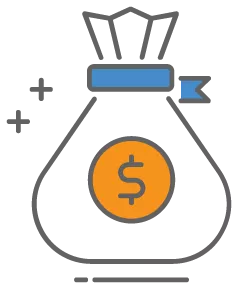
TABLE OF CONTENTS
- What Is Merchant Chargeback Insurance?
- How Does Chargeback Insurance Work?
- What Is Covered by Chargeback Insurance?
- What Does Chargeback Insurance Not Cover?
- When Does a Merchant Need Chargeback Insurance?
- Chargeback Insurance Options With Major Merchant Service Platforms
- Why Merchant Chargeback Insurance Might Not Be Enough
- Are There Any Alternatives to Chargeback Insurance?
- How to Sign Up with Chargeback Insurance Providers
- Final Thoughts on Getting Insurance for Chargebacks
Considering chargeback insurance? In this article, we cover how chargeback insurance works, what is covered, and how to secure it. But before we dive in, let’s briefly outline what a chargeback is. A chargeback is a formal customer dispute against a specific transaction. A customer may dispute a transaction for reasons such as credit card fraud, friendly fraud (a customer doesn’t recognize the business name on their bank statement), or merchant error. It’s important, as a business owner, to be aware of why chargebacks happen so that you can prevent future disputes and the associated negative impacts.
Now that we’ve defined what a chargeback is, let’s take a look at how to insure your business against them!
What Is Merchant Chargeback Insurance?

Chargeback insurance functions much like any other type of insurance. When a chargeback occurs, your insurance policy, in theory, reimburses you for the costs associated with the chargeback.
If you opt for chargeback insurance, most companies put a small percentage fee on each of your sales. This way, you can avoid larger fees when they arise.
However, most insurance companies or policies impose strict limitations on the dispute types and amounts covered. Most coverage offered by chargeback insurance varies, so it can be hard to determine if it’s worth it or not—but we’ll get into the specifics about this later on.
How Does Chargeback Insurance Work?
Chargeback insurance works differently depending on the type of policy you choose. As such, it’s important to be familiar with the exact details of the insurance policy that you purchase. However, below are some details to explain how chargeback insurance generally works:
- Depending on your policy, you will either pay monthly or have a small percentage fee taken out of each sale.
- Some insurance companies require you to use a certain payment processing system. These are typically well-known processors that are more secure and less likely to process fraudulent payments.
- Some insurance companies put a limit on the amount covered and the number of chargebacks allowed.
- Chargeback insurance does not work to prevent chargebacks, it only covers the expenses associated with them.
- Not all chargebacks are covered. The most common type of reimbursement comes from fraudulent events. While fraud is common, it’s only one type of dispute and there are many others. For example, if your customer claims they haven’t received the product they paid for, this chargeback is not likely to be covered under your insurance policy.
What Is Covered by Chargeback Insurance?
Since fraudulent payments are so common, this type of insurance mostly covers costs related to fraudulent payments. Essentially, if someone makes a purchase on a debit or credit card without permission from the cardholder, it’s considered fraud. In this scenario, chargeback insurance would protect your business from having to reimburse the cardholder. However, many companies only cover fraudulent charges if the merchant uses a fraud-prevention credit card processing system.
What Does Chargeback Insurance Not Cover?
Most chargebacks are not covered if they happened as a result of an error on the merchant’s end. These include:
- Failed deliveries
- Incorrect charges
- Damaged goods
- Wrong items delivered
- Sales to high-risk areas (for example, shipping to another country)
- Manually approved charges flagged as potential fraud
- Modified orders after approval by the fraud prevention system
These are the most common reasons why a chargeback wouldn’t be covered. However, depending on your policy, some insurance companies will also deny insuring a chargeback for the following reasons:
- No proof of delivery
- Merchants cannot prove the service was provided
- BOPIS purchases (ID was not checked with in-store pickup, curbside pickup, or locker pickup)[1]StrongPoint. “BOPIS and how to provide it to your customers – StrongPoint”. Accessed November 1, 2022.
As explained, there are many instances in which insurance doesn’t cover chargebacks. As such, it’s important to stay current on PCI DSS standards, treat every transaction with care, and settle customer disputes before they get to the chargeback stage. Guarding yourself against possible chargebacks can sometimes protect you more than insurance can.
When Does a Merchant Need Chargeback Insurance?
Deciding to purchase chargeback insurance can be a tricky decision. On one hand, insurance can provide valuable protection against fraudsters aiming to take advantage of your business. On the other hand, it can be expensive, and there is no guarantee it will cover fraudulent charges or prevent them from occurring.
Ultimately, the decision of whether or not to purchase chargeback insurance depends on several factors, including your business’s common types of transaction (such as card-not-present or eCommerce sales), its average transaction size, and the level of risk the merchant is willing to take on. By carefully considering all of these factors, merchants can make an informed decision about whether or not to purchase insurance for chargebacks.
Note: If you operate a recurring subscription business model, you may want to consider more specialized insurance as this is a frequently disputed transaction type.
Chargeback Insurance Options With Major Merchant Service Platforms
Many payment solution companies offer chargeback protection for an additional fee and others offer protection for no extra cost. Let’s take a look at three major service platforms and see what types of insurance they provide for merchants!
PayPal chargebacks
PayPal chargeback insurance costs 0.40% of each approved transaction. It covers fraudulent transactions or “items not received” transactions as long as your shipment is within the United States and you have proof of delivery.[2]PayPal. “What is chargeback protection”. Accessed November 1, 2022.
Shopify chargebacks
The Shopify merchant platform offers chargeback protection through “Shopify Protect.” Once enrolled, it covers eligible fraud-related chargebacks. While the coverage is limited, built-in protection from companies like Shopify is usually the most convenient form of chargeback protection for merchants.[3]Shopify. “Shopify Protect for Shop Pay”. Accessed November 1, 2022.
Stripe chargebacks
Stripe covers some fraud-related chargebacks for purchases in the United States and Europe. Its insurance costs 0.40% of each approved transaction.
Why Merchant Chargeback Insurance Might Not Be Enough
Merchant chargeback insurance can be a great tool, especially for businesses more prone to being targeted by fraudsters. However, there are some factors to consider when deciding if it’s useful for your business.

Insurance is another business expense
As discussed, merchant chargeback insurance is typically an added expense. Usually, it comes in the form of a percentage fee added to each sale, or less commonly, a monthly fee. In addition, chargeback insurance is very limited in what it actually covers.

Insurance may cause more false positives
Having insurance on chargebacks can also lead to legitimate payments being declined. Insurers typically do everything they can to limit the number of chargebacks they have to cover. Some insurance companies require merchants to implement strict filters when processing payments, as this can help limit the number of fraudulent payments, but it can also flag legitimate payments as fraudulent.

Insurance doesn’t prevent chargebacks from happening
Similar to car insurance, chargeback insurance won’t stop the occurrence of chargebacks, it just lightens the financial burden when they do occur. Therefore, it’s important to compare the cost of chargeback insurance to what it actually costs your business.
Are There Any Alternatives to Chargeback Insurance?
Although getting insurance for chargebacks is recommended for most eCommerce businesses, chargeback prevention is just as important. The best way to fight chargebacks is to have the proper chargeback prevention tools in place.
How to Sign Up with Chargeback Insurance Providers

There are many insurance providers to choose from, each offering different policies. Below, let’s take a look at some things to consider when choosing a chargeback insurance plan.
Choose a chargeback insurance provider
A quick search will give you a plethora of insurance options, but you may want to contact your payment processor and see if they also offer insurance. Additionally, many fraud prevention companies can add insurance to the service you are already using.
Accept the terms and purchase
Similar to other types of insurance, there are plenty of policies out there to choose from. Although, each policy differs regarding what’s covered, the amounts reimbursed, and the associated costs. Read all terms and conditions beforehand to know exactly what your specific insurance policy covers. After you’re familiar with the terms, you can then confirm your insurance policy and connect it to your merchant account.
Their technology checks for chargebacks or fraud
Once connected to your account, the insurance company’s technology (if applicable) scans each sale and searches for fraud. It denies any sales seemingly fraudulent, adding another layer of security to your sales.
The provider reimburses you for chargebacks
If you receive a chargeback, you’ll need to file a claim with your chargeback insurance company. Depending on your policy, you may receive a reimbursement for the entire cost or only for the cost of the chargeback fee.
Final Thoughts on Getting Insurance for Chargebacks
Tedious and expensive, chargebacks can be a merchant’s worst nightmare. If your business struggles with chargebacks, implementing protection can be a very useful tool in keeping your payments secure and your bottom line healthy. As we’ve learned, finding the right balance between prevention and protection is the key to preserving your business, so take advantage of our chargeback mitigation software options and see how you can save today!
Charge forward with chargeback protection!
Secure





